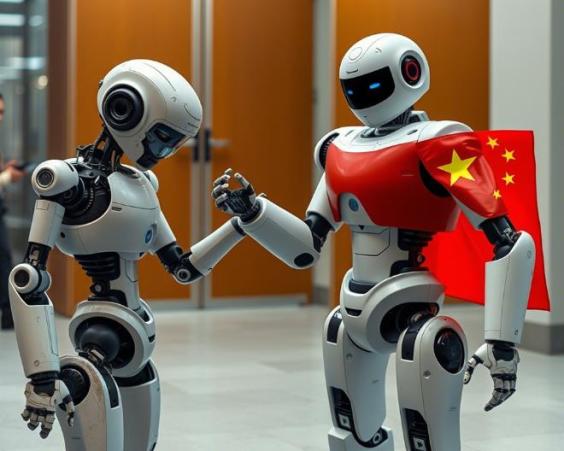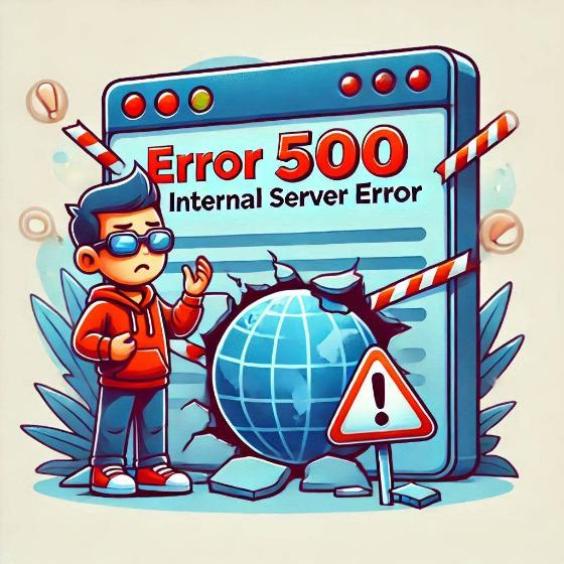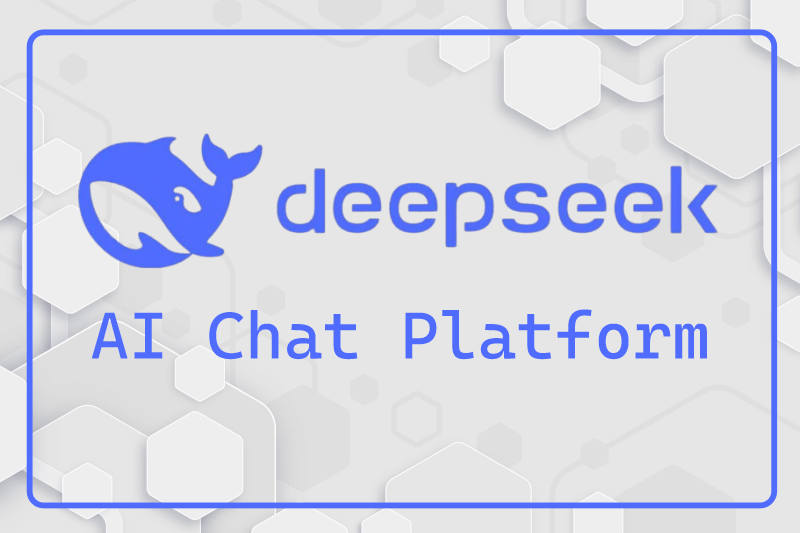DeepSeek and the Inspiring Effect on Competition
DeepSeek V3: The Open Source Revolution in Artificial Intelligence
The world of artificial intelligence has witnessed an unexpected revolution. While giants like OpenAI, Google, and Meta continue to protect their models as state secrets, an open-source competitor has managed to make a strong entry: DeepSeek V3. This Chinese model has not only demonstrated superior performance in multiple tests but has also opened a Pandora's box in the AI industry. And here arises the question: Are we seeing a wave of "unaccredited inspirations" thanks to open source?

DeepSeek V3 vs. The Big Players: David vs. Goliath?
When DeepSeek launched its model, many saw it as "just another open-source AI." However, its mixture-of-experts (MoE) architecture and impressive capacity of 671 billion parameters achieved the unthinkable: outperforming ChatGPT 4.5, Grok 3, and Gemini Flash 2.0 in several performance metrics.
This is a direct blow to the dominance of large corporations. Until now, OpenAI and Google had benefited from a business model based on secrecy and restricted access to their AI models. DeepSeek V3 pulled the rug out from under them by demonstrating that a multi-billion dollar budget is not necessary to achieve excellence in AI.
But what's interesting is what happened next.
The Phenomenon of "Creative Coincidence"
Since DeepSeek V3 went public, there has been an explosion of new "innovative" models launched by the big companies. Models that, curiously, present many of the same optimizations that DeepSeek introduced.
So, what's happening here?
History has taught us that the technology industry has a complicated relationship with open source. Many times, private companies "get inspired" by the community's advances without giving credit. It's enough to remember how Microsoft criticized Linux for years, only to end up integrating it into its ecosystem when it suited them.
Could it be possible that OpenAI, Google, and others have taken note of DeepSeek V3, implemented its improvements, and simply omitted mentioning it? The lack of transparency in closed AI models makes this suspicion not only valid but concerning.
It's impossible not to notice how curious this all is. DeepSeek V3 appears on the scene, publishes its code, and as if by magic, within weeks, the big AI companies—which until then had not shown significant advances in reasoning and efficiency—suddenly release new models with suspiciously similar capabilities.
If we analyze the pattern, this is nothing new. The history of technology is full of cases where large companies observe, "take inspiration," and then present as their own an advance that, coincidentally, appeared in an open-source project a short time before. And the worst part: without giving credit or thanking those who really drove the innovation.
I'm not saying OpenAI, Google, and company have copied DeepSeek's code line by line (at least not directly), but it's very likely they have studied it, analyzed it, and used it as a base to accelerate their own developments. What's suspicious here is the speed. AI models like these are not made overnight, but just after the publication of DeepSeek V3, the giants of the sector release models with improved reasoning. What changed? Why suddenly did everyone achieve the eureka moment at the same time?
This is the problem of closed code in AI. As the models of OpenAI, Google, and others are black boxes, we will never know if they really did their work from scratch or simply adapted foreign ideas without saying anything. On the other hand, DeepSeek put its work in the sight of everyone, allowing anyone—including its "competitors"—to study and improve it.
Open Source: The True Winner
Beyond the battles between companies, DeepSeek V3 has demonstrated something fundamental: the future of artificial intelligence should not be locked behind corporate walls. The greatest innovation does not come from the billionaires in Silicon Valley, but from the global community that believes in collaboration and free access to knowledge.
If anything, this story leaves us with a clear lesson: the most powerful artificial intelligence in the world will not be the one with the most money behind it, but the one that belongs to everyone. Long live GNU! Long live open source!





